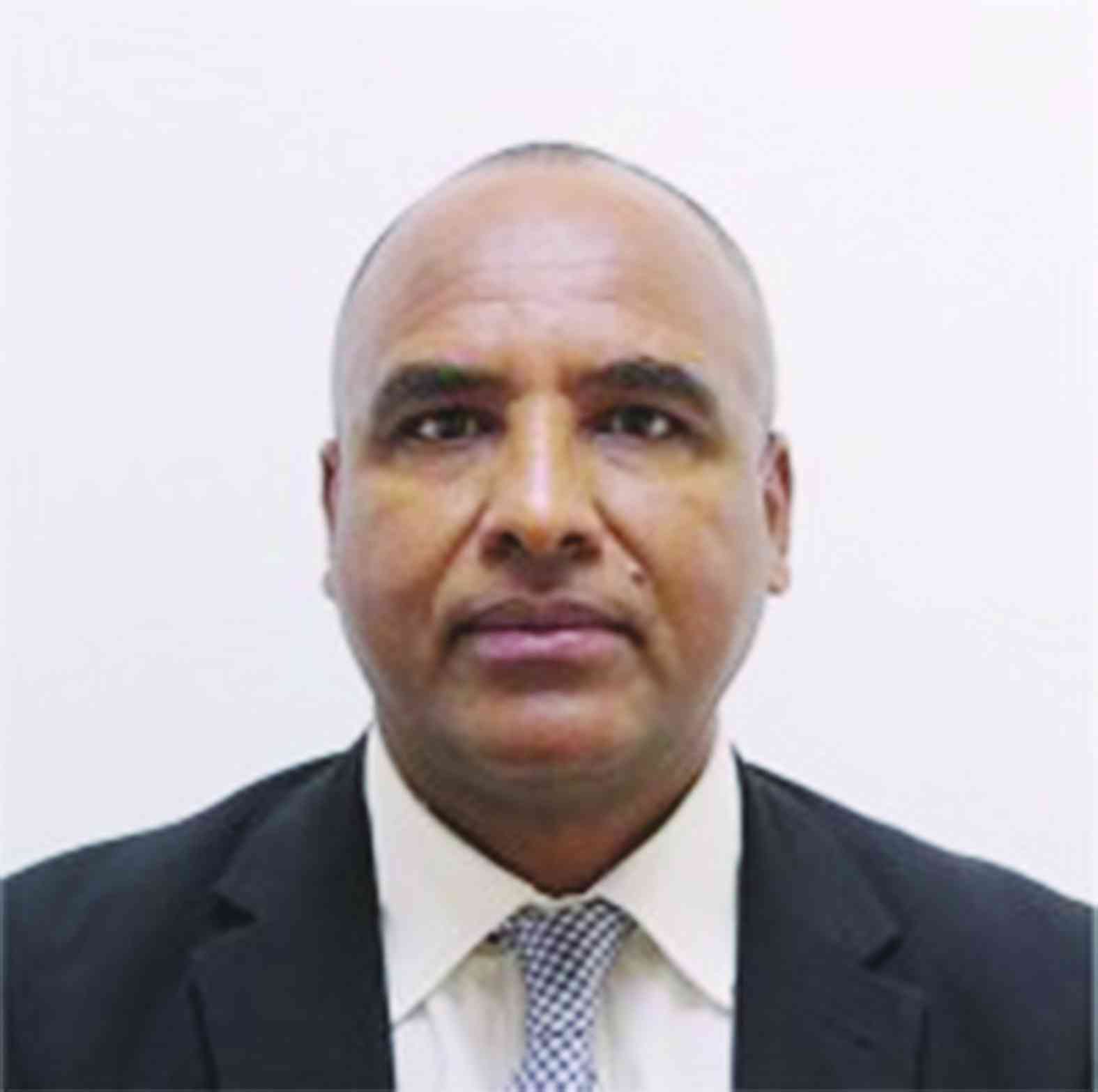
THE United Nations (UN) and its organs have raised more than US$1,2 billion to support government programmes to boost food security, improve health delivery system, education, water and sanitation.
This achievement comes halfway through the 2022-26 Zimbabwe UN Sustainable Development Co-operation Framework, which started in 2022 with a goal of mobilising a total of US$2,8 billion by 2026.
Among the notable achievements is the Cyclone Idai Recovery Programme, exemplifying global partnerships and receiving a US$72 million grant from the World Bank.
Speaking ahead of the United Nations Sustainable Development Cooperation Framework mid-term review meeting in Harare tomorrow, UN Partnerships and Development Finance adviser Sirak Gebrehiwot, said the programme was changing lives.
He cited the assistance in restoring and enhancing food security, shelter and strengthening essential social services including health, education, water, sanitation and hygiene.
“The US$90 million Health Resilience Fund has significantly improved Zimbabwe's healthcare system through key contributions from the European Union, the United Kingdom, Ireland, Gavi and the Vaccine Alliance,” Gebrehiwot said.
“The US$34 million Spotlight Initiative, funded by the EU, has made remarkable strides in advancing gender equality.
“This includes providing services for survivors of gender-based violence, supporting Zimbabwe's High-Level Political Compact on Ending Gender-Based Violence and enhancing legislation to protect women and girls.”
- COP26 a washout? Don’t lose hope – here’s why
- Under fire Mnangagwa resorts to Mugabe tactics
- How will energy crunch transition impact transition to renewables?
- COP26 a washout? Don’t lose hope – here’s why
Keep Reading
He said a US$45 million joint programme with the government and private entities such as Old Mutual was supporting the shift towards sustainable green economies, aligning with SDGs 5, 7 and more.
“Additionally, the Enhanced Resilience Programme, with funding of over US$100 million from the EU, and the governments of the UK and Sweden, is fortifying food systems, community resilience and water access for 1,1 million people in 23 district areas vulnerable to climate shocks,” he said.
Gebrehiwot reiterated the UN in Zimbabwe’s commitment to inclusivity as demonstrated through its Partnership on the Rights of Persons with Disabilities.
He said building resilience had also become a key focus, as Zimbabwe and the Sadc region faced challenges emanating from El Niño-induced droughts and the impending La Niña, along with growing climate shocks.
“While working with the UN and its partners to further Zimbabwe’s progress on the SDGs through the Co-operation Framework, efforts have also been made to tackle natural disasters like El Niño.
“This includes creating and implementing a US$28 million anticipatory action plan and seeking US$430 million in a flash appeal for relief and early recovery assistance.
“The Co-operation Framework continues to be a vital platform for Humanitarian-Development-Peace Nexus through its pillars: People, Planet, Peace and Prosperity.”
He said on-going co-operation among stakeholders, including the government of Zimbabwe, the UN Development System, development partners, the private sector, civil society, women and youth groups, media and organisations of persons with disabilities, was critical for sustaining and scaling-up these successes.
“By investing in these initiatives, stakeholders can foster sustainable transformation, bolster Zimbabwe’s resilience against climate change impacts and ensure alignment with the country’s development priorities.
“To chart a sustainable and equitable future, there is a need to increase investments in resilience and development efforts in Zimbabwe. This should focus on pivotal transitions in food systems, renewable energy, digital connectivity, quality education, jobs and social protection and climate action,” Gebrehiwot said.










